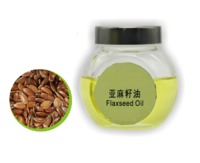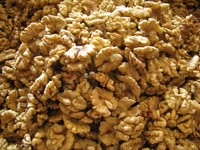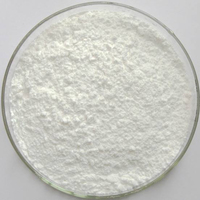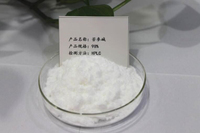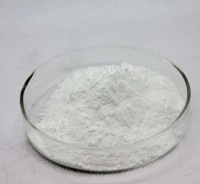Juglone
Specifications
. The effect on the enzyme
Jujube has an inducing effect on detoxification enzymes-quinone reductase and glutathione transferase in the cecal, duodenum, colon, glandular and jejunal tissues of mice, which enhances its activity and prevents chemical-induced intestinal cancer. Juglone is considered to be an inhibitor of peptidyl-prolyl isomerase, which is overexpressed in many tumor tissues and plays an important role in the development of tumors. The "catalytic molecule" of tumorigenesis, candied fruit can be called a promising drug for cancer prevention.
Juglone mandshurica and its derivatives have an inhibitory effect on HIV-1 reverse transcriptase (RT)-associated ribozyme H and can be a potent inhibitor of HIV-1 proteolytic enzyme, which is indispensable for HIV replication. One of the basic substances, the invention of this kind of agent can effectively prevent microorganisms, so it can be used to treat sexually transmitted diseases. In addition, Juglone mandshurica is a chitin synthase inhibitor that inhibits ecdysone 20-monozyme activity in insects such as female Egyptian mosquitoes and Drosophila melanogaster.
. Antibacterial effect
Experiments have shown that Juglone mandshurica has inhibitory effects on many Gram-positive and Gram-negative bacteria. As an antibacterial agent, Juglone mandshurica can produce active oxidative anions. It can neutralize tetanus and diphtheria toxin in vitro, but it does not neutralize toxins in the body. Clinical trials have shown that the treatment of periodontitis with pecans has a significant effect. Walnut can also be added to cosmetics and toothpaste as a fungicide.
Juglone also regulates the production and development of aflatoxin, which inhibits the germination of fungi, and if the concentration is high enough, it can completely inhibit the growth of fungi.
. Other effects
Juglone mandshurica has the effect of accelerating sugar assimilation and lowering blood sugar in rats. Walnut can be used as a raw material for dyes, pigments and fragrances, as a pH indicator and as a hemostatic agent for medicine. Walnut can be used to treat eczema, herpes, constipation, impotence, nocturnal emission, low back pain, lymphatic tuberculosis, and also for the treatment of diabetes, gastritis, anemia, etc. Walnut is used for the treatment of head lice, psoriasis and rubber edema, but pecan is a strong irritant that can cause contact dermatitis.
Walnut has a prominent role in forestry and agriculture. Walnut is the only naphthoquinone-based biomass that has been proven to be produced by higher plants. It can inhibit the growth of other plants and can be used to develop new pollution-free plant herbicides.
- Country: China (Mainland)
- Market: European Union,Americas,Middle East
- Founded Year: 2018
- Address: Room B-2721, Binjiang Business Bld, No.158, Zhongshan East Rd
- Contact: Minghui Wu



